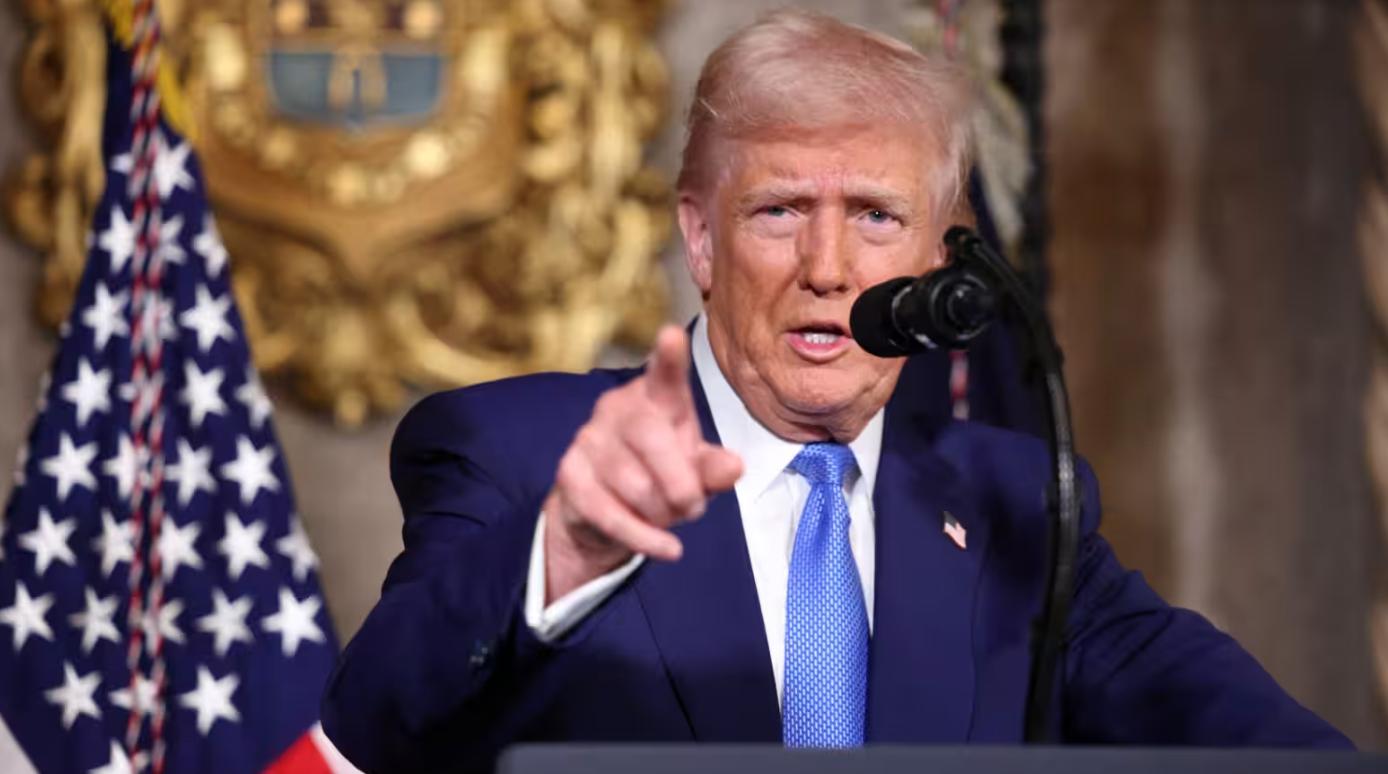
In February 2025, US President Trump announced a highly anticipated trade policy: a plan to impose "25% or higher" tariffs on imported automobiles. This policy not only sparked widespread discussion within the United States but also caused a global stir. Trump's administration's move will undoubtedly have a profound impact on the global automotive supply chain and test the response capabilities of governments and enterprises around the world.
The background for Trump's administration proposing to impose high tariffs on imported automobiles is the increasing competitive pressure on the US automotive industry. In recent years, with the deepening of globalization and free trade, the US automotive industry has faced fierce competition from all over the world. The Trump administration believes that by imposing high tariffs, it can protect the domestic automotive industry from foreign products and promote the revival of the US manufacturing sector.
However, the impact of this policy goes far beyond that. First, for major US automotive importers such as Mexico, Canada, Japan, and Germany, Trump's tariff policy will directly hit their automotive export business. These countries have long been important suppliers to the US automotive market, and the increase in tariffs will significantly reduce the competitiveness of their automotive products in the US market.
Take Mexico as an example. The country has become one of the main sources of automotive imports to the United States. According to the USMCA (United States-Mexico-Canada Agreement) revised by Trump during his first term, automobiles that meet the requirements of the agreement, that is, if more than 75% of the vehicle components are sourced from the United States, Mexico, and Canada, are exempt from tariffs. However, once Trump's tariff policy is implemented, this agreement will become ineffective, and Mexico's automotive exports will be severely affected.
In addition, Trump's tariff policy will also have a profound impact on the layout of the global automotive industry chain. Currently, the global automotive industry chain has formed a highly specialized and collaborative pattern. Automotive enterprises in various countries conduct production and procurement worldwide based on their comparative advantages and resource endowments. Trump's tariff policy will disrupt this pattern, posing a risk of a reshuffle in the global automotive industry chain.
For domestic automotive enterprises in the United States, although Trump's tariff policy may bring a certain protective effect in the short term, it is not beneficial in the long run. High tariffs will cause the prices of imported cars to rise significantly, thereby suppressing the purchasing intentions of American consumers. At the same time, the tariff policy may also lead to supply chain disruptions and cost increases, negatively affecting the competitiveness of the US automotive industry.
More seriously, Trump's tariff policy may escalate the global trade war. Major trading partners of the United States, such as Mexico and Canada, have already stated that they will take retaliatory measures if the United States implements the tariff policy. This will further intensify global trade tensions and have adverse effects on the global economy.
For China, Trump's tariff policy will also pose certain challenges. Although China's exports of complete vehicles to the United States are relatively small in quantity, its exports of auto parts have occupied a certain market share. Once Trump's tariff policy is implemented, Chinese auto parts enterprises will face higher export tariff costs, which will in turn affect their competitiveness in the US market.
However, challenges often come with opportunities. Trump's tariff policy may also become an opportunity for Chinese auto enterprises to accelerate their transformation and upgrading. In the face of the uncertainty of the global trade environment, Chinese auto enterprises need to pay more attention to technological innovation and brand building, and increase the added value and competitiveness of their products. At the same time, Chinese auto enterprises can also actively explore other markets and reduce their dependence on the US market.
In conclusion, Trump's plan to impose "25% or higher" tariffs on automobiles will have a profound impact on the global automotive industry chain. This policy will not only directly impact the major auto importers of the United States, but also have a negative impact on the layout and competitiveness of the global automotive industry chain. At the same time, Trump's tariff policy may also trigger an escalation of the global trade war, which will have an adverse effect on the global economy. In the face of this challenge, governments and enterprises around the world need to respond actively, strengthen cooperation and coordination, and jointly maintain the stability and prosperity of global trade.

Since 2022, the Fed has cumulatively reduced its balance sheet by $2.4 trillion through quantitative tightening (QT) policies, leading to a near depletion of liquidity in the financial system.
Since 2022, the Fed has cumulatively reduced its balance sh…
On December 11 local time, the White House once again spoke…
Fiji recently launched its first green finance classificati…
Recently, the European Commission fined Musk's X platform (…
At the end of 2025, the situation in the Caribbean suddenly…
The U.S. AI industry in 2025 is witnessing a feverish feast…